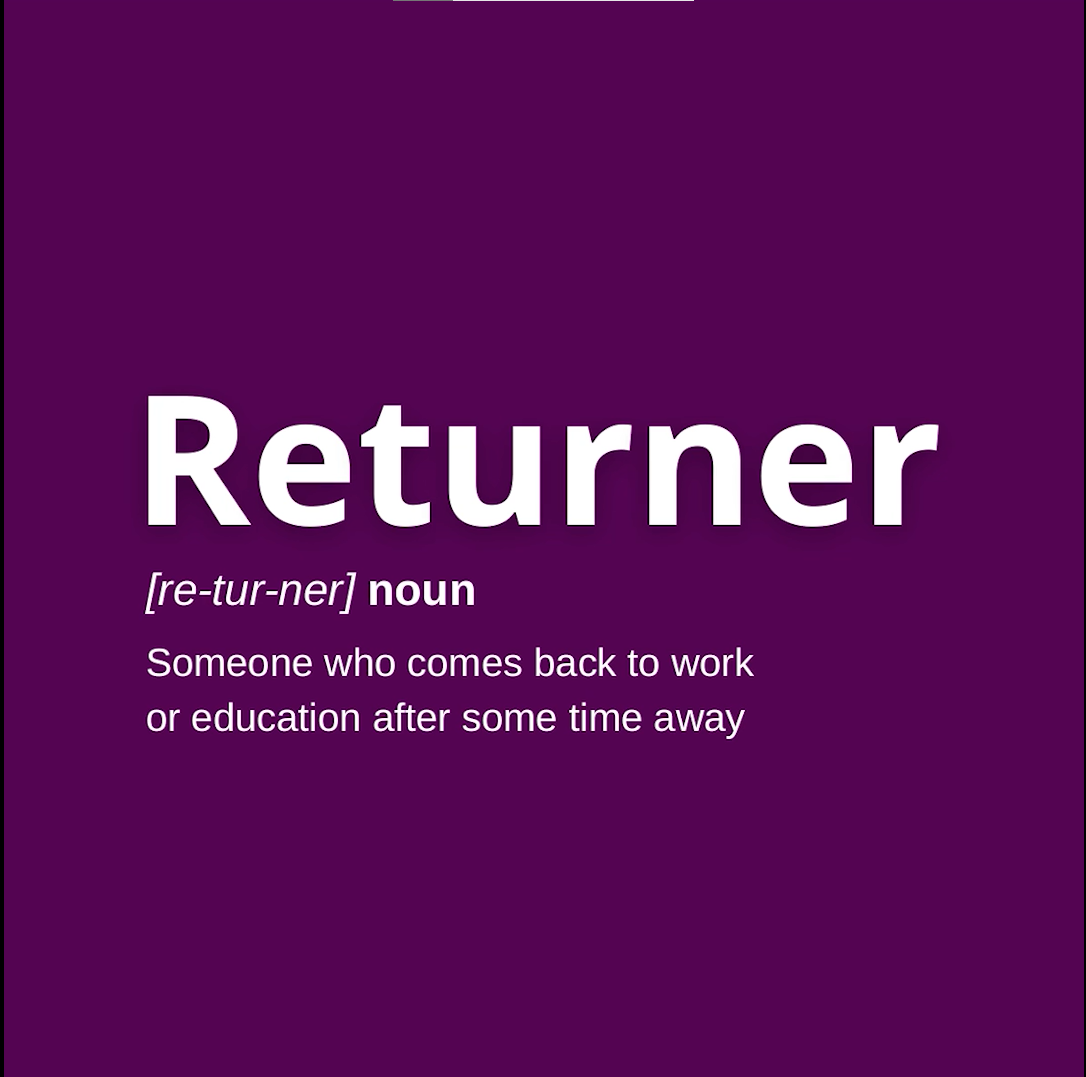For the lucky few, a job search can be a sprint, but for most of us, it can feel more like a never-ending marathon, filled with unexpected hurdles, twists & turns.
You spend endless hours scouring job boards. You tweak your resume, update your cover letter, and apply, apply, apply. And before you know it, the process starts all over again.
When things go slower than anticipated, or the job offers don’t come flooding in as you thought they would, this can lead to disappointment and a feeling of rejection. You might wonder what you’re doing wrong, or the dreaded imposter syndrome & self-doubt might start to rear their ugly heads.
There are many unknowns we encounter when searching for a new role, and while, unfortunately, many elements of the process are out of our control, you can do a few things as a job-seeker to make the journey that bit more manageable. And it all comes down to managing your job search expectations. Here are three of our tried & tested tips:
Tip #1: Understand the job market
Like most things in life, the more we know about something, the better we can respond. Understanding the volatile nature of the job market is vital.
It’s not about being pessimistic but rather realistic based on the data that is out there.
We’ve collated a few statistics that might help you view your job search with a fresh, more balanced perspective & keep your expectations in check:
- The average application to interview ratio is approximately 20%. That’s right – for every 100 applications, just 20 people get an interview!
- The odds of landing the job when called back for a second interview are about 25%-50%.
- On average, a job advertisement will receive 250 applications. Out of these, 4-6 people will secure an interview, and just one person is hired.
Recognising the odds allows you to have a more balanced view and can limit the feeling of disappointment when your phone isn’t ringing off the hook with offers.
Tip #2: Track your progress
Your search for a new job is, in many ways, a job itself, and you should treat it that way. And that means figuring out how to manage your time so you’re spending it on job search tasks that will bring you success as quickly and efficiently as possible.
It’s crucial to focus on what you can control to ease stress and burnout.
When it comes to the job search, while you can’t control how long it will take you to find new work, you can control how much time you give to the process daily and weekly.
Take some time each day to keep track of your progress, documenting your progress, the connections you make as well as the outcomes, good & bad. This will help you identify what tasks are giving you the best results and allow you to allocate your time better going forward.
Lastly, job searching can be challenging for our mental health. Make sure to acknowledge & celebrate at least one win every day. This routine will keep spirits high and maintain motivation throughout the process.
Tip #3: Form a support network
When embarking on a job search, most of us prepare by scanning online job boards, brushing up on our interview skills and updating our resumes. But few, if any, prepare for the emotional rollercoaster that it can become.
Sharing your experience with others on a similar journey can keep you from shouldering the challenge and burnout on your own. Positive reinforcement from others in a similar boat can also keep you motivated when your inbox remains eerily empty or during times when you have to deal with flat-out rejection.
Support networks can also supercharge your job-search process by providing networking opportunities, accountability, resume and cover letter advice, interview feedback and so on.
The Back to Work Connect team is here to provide all of the above and more. Our goal is to support your return to work journey. By joining our FREE membership, you’ll gain access to our exclusive jobs board, course directory, free events and training & most importantly, our supportive community where you can connect with other job seekers & Returners who are going through the same challenges.




